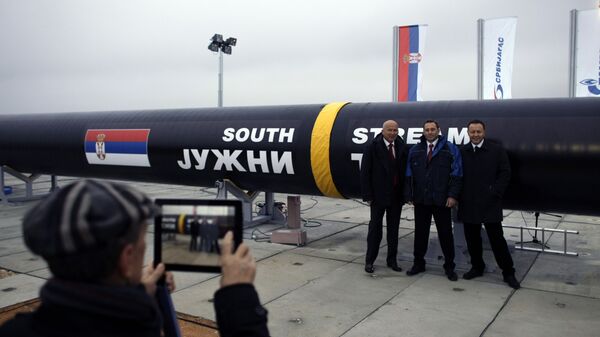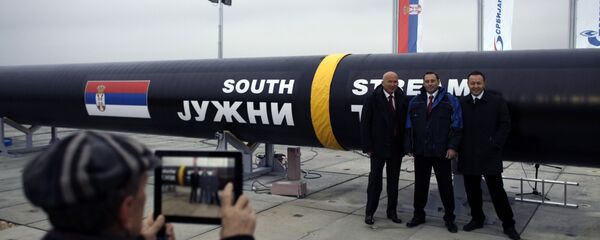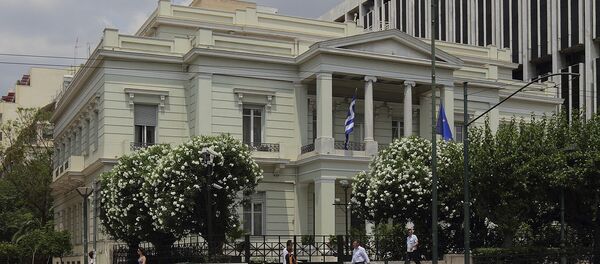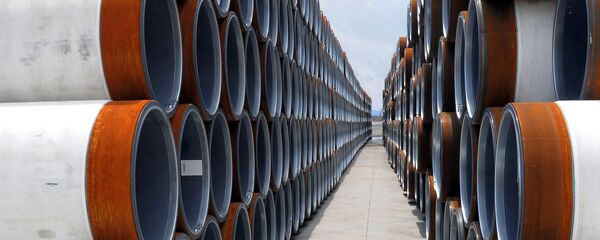"Hungary, Russia and Serbia have resumed talks on the construction of the South Stream gas pipeline, but with a smaller capacity than it was initially discussed," the minister told Hungarian news agency MTI.
Szijjarto noted that in the near future Budapest will hold consultations with the European Commission and Bulgaria over the project.
Moreover, earlier this week, Gazprom Deputy Chairman Alexander Medvedev said that Gazprom and Bulgaria are discussing the development of the Bulgarian gas transportation system.
"There are different options to divide the second leg of Turkish Stream, including to the north, not only to the south, in Italy. We’re discussing with our Bulgarian colleagues the developments of Bulgaria’s gas transportation system," Medvedev told a press conference.
Medvedev said: "Everything was ready to launch construction of South Stream. However, Bulgaria blocked the project, possibly, under external influence, and the project was abandoned. Now we could try to use other routes."
Experts reached by Sputnik suggested that ultimately the South Stream project or its analogue will be implemented because such a pipeline would serve the interests of all parties.
Vuletic pointed out that despite its "pivot" to Asian markets, especially China, Russia continues to remain interested in maximizing gas supplies to the European market.
"Europe needs Russian gas. All the signs are that Europe will break free from the United States, which will make South Stream possible," he said.
Serbian political analyst Dragomir Andjelkovic also pointed out that Europe’s demand for natural gas supplies is increasing.
"Europe’s demand for gas cannot be satisfied without Russia, especially taking into account the recent developments in the Middle East. In the long-run, Europe will need a pipeline for additional gas supplies from Russia. It doesn’t matter what it will be, South Stream 2 or maybe Turkish Stream 2. But the terms of such a project will depend on the geopolitical situation," Andjelkovic said.
At the same time, Alexander Pasechnik, a senior analyst at the National Energy Fund think tank, said that South Stream is unlikely since the project was partially converted into Turkish Stream.
"The priority is Turkish Stream. South Stream itself is not in discussion. There are some general discussions on the possibility to revive the project but only if it is agreed by the European Union and Bulgaria. At the same time, a second leg to Turkish Stream is being discussed. It may run through Turkey to the Greek border and further to Europe. In theory, it may also run to Bulgaria," Pasechnik said.
The South Stream gas pipeline was intended to run under the Black Sea to deliver Russian natural gas through Bulgaria, Serbia, Hungary and Slovenia to Italy and Austria to avoid exporting gas through Ukraine.
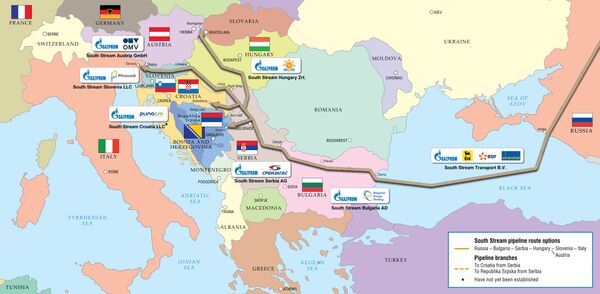
The European Commission was against the implementation of the South Stream as the project was allegedly in breach of the EU Third Energy Package, under which one and the same company cannot own the gas and operate the pipeline.
The project further faced opposition from Bulgaria and the EU amid European sanctions over Crimea’s reunification with Russia and the conflict in Eastern Ukraine. On December 1, 2014, Russian President Vladimir Putin announced that Russia would halt the implementation of the South Stream.
